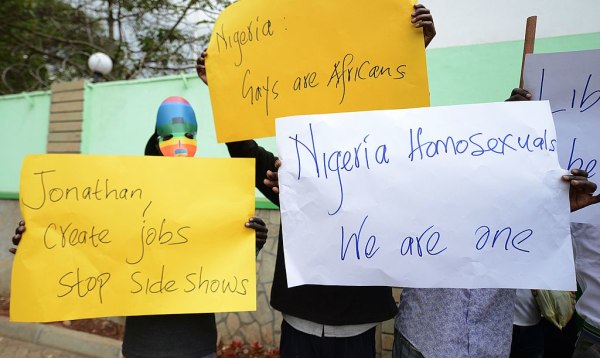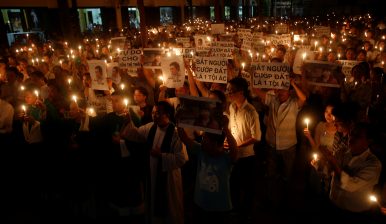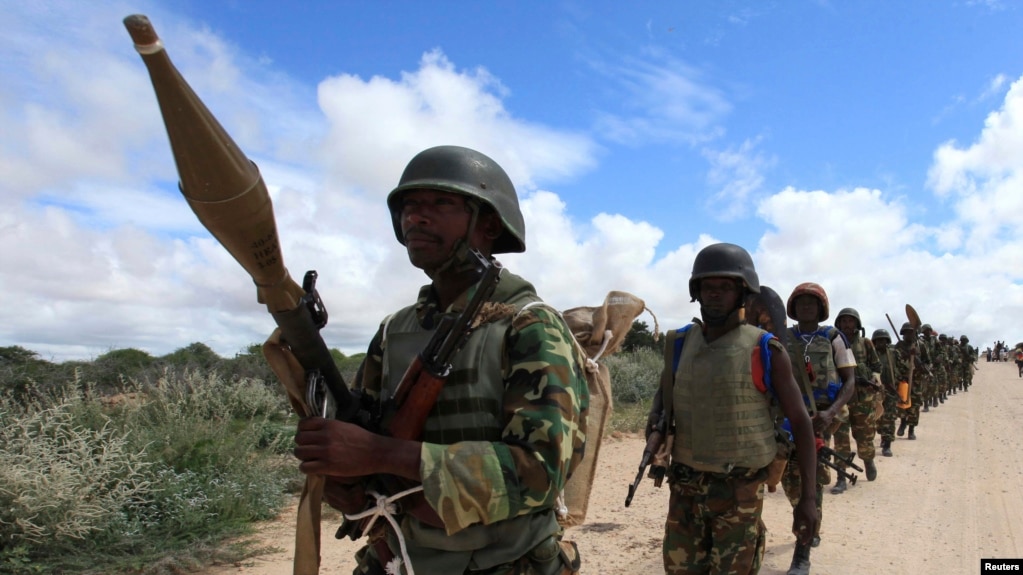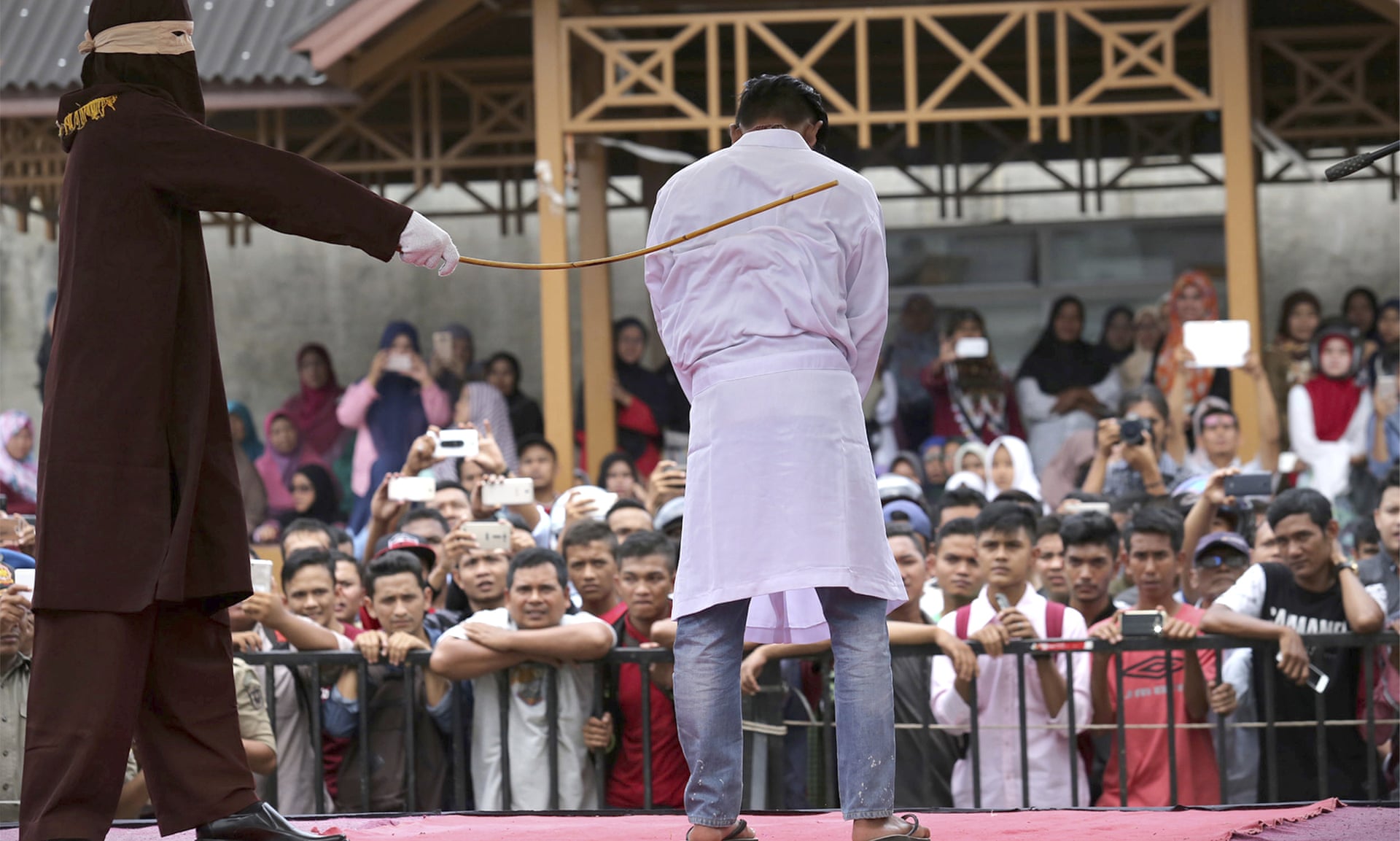By Samantha Netzband
Impunity Watch, Africa Desk Reporter
LAGOS, Nigeria– 53 men have been arrested in the Nigerian state of Kaduna after celebrating a gay wedding. The group was charged with conspiracy, unlawful association, and unlawful society. Currently homosexual acts are illegal in Nigeria. If caught for performing homosexual acts one can face up to 14 years in prison.
Kenyan gay and lesbian organizations demonstrate outside the Nigerian High Commission in Nairobi on February 7, 2014. (Photo Courtesy of NBC News)
Upon being charged the group plead not guilty to the charges of conspiracy, unlawful assembly, and unlawful society. The groups defense lawyer, Yunusa Umar, claims that the group was illegally detained for 24 hours. He also said that most of the group is students. Gay rights group claim that the group was celebrating a birthday rather than a wedding. Maria Sjodin, deputy executive director of LGBTQ advocacy group OutRight Action International, said she believes the gay wedding story is just an “excuse” and part of the police’s attempt to “crackdown on an emerging LGBTQ movement” in Nigeria.
Homosexual acts were made illegal in Nigeria in 2014. The creation of this law came from the two conservative parts of the country: evangelical Christianity in the South and Islam in the North. Human Rights Watch and other rights group claim that the law was also created to legitimize abuse in the LGBT community. “Extortion, mob violence, arbitrary arrest, torture in detention, and physical and sexual violence” are common against people suspected of homosexual activities, Human Rights Watch said in a 2016 report. The country also bans gay marriage.
Currently the group is out of jail on bail pending a hearing on May 8th.
For more information, please see:
BBC Africa – Nigeria ‘gay wedding’ bust leads to charges – 20 April 2017
Deutsche Welle – Nigeria arrests 53 over Gay Wedding – 20 April 2017
The Journal – Nigeria charges 53 men with conspiracy to organise a gay wedding – 20 April 2017
NBC News – 53 Arrested in Nigeria for Celebrating Gay Wedding, Police Say – 20 April 2017




